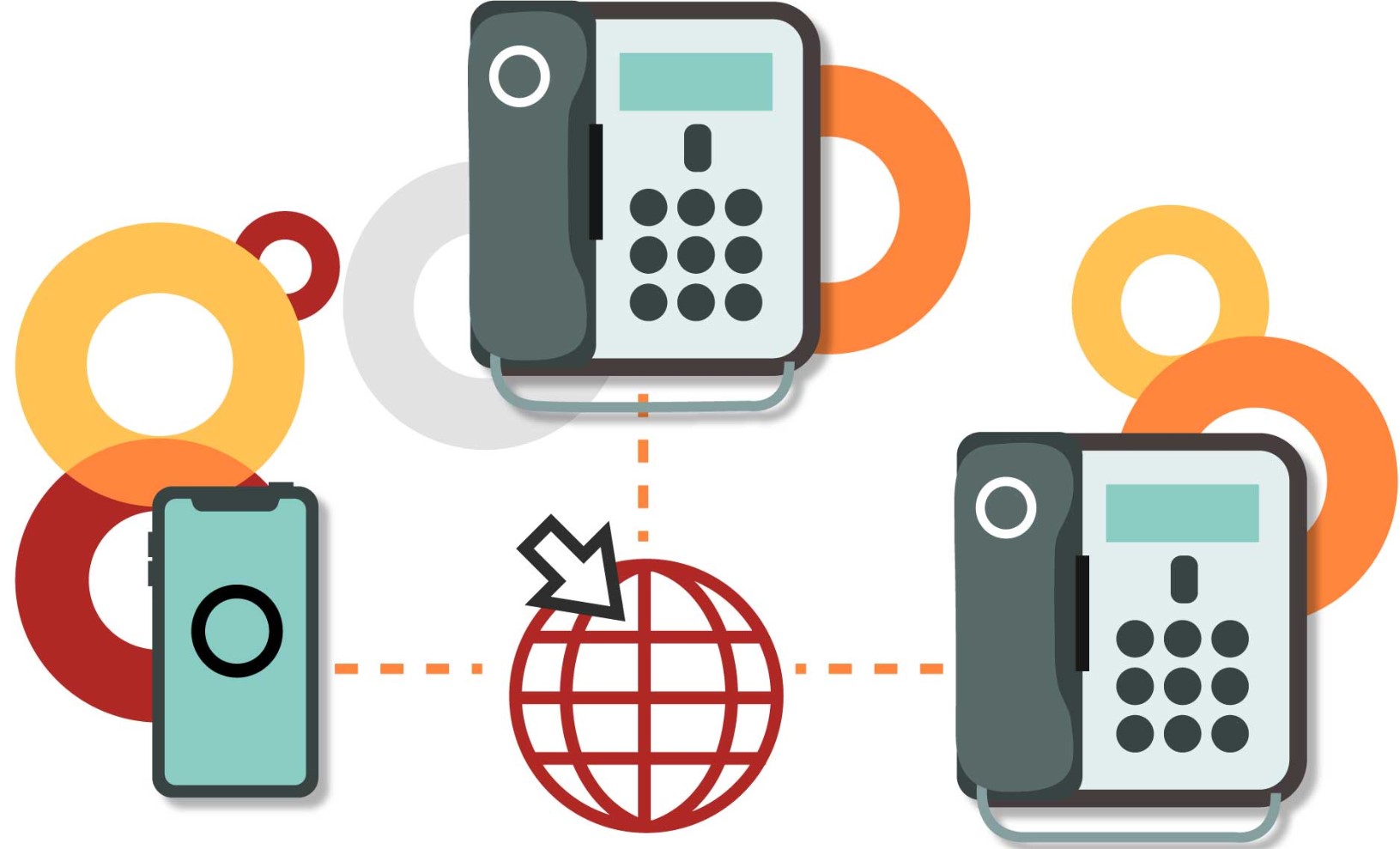In today’s competitive business landscape, effective communication plays a crucial role in the success of any small business. While there are various communication channels available, a reliable telephone system remains an essential tool for businesses to connect with customers, collaborate with team members, and ensure smooth operations. This article explores different types of telephone systems suitable for small businesses, highlighting their benefits, factors to consider when choosing, and steps to implement them successfully.
Benefits of Telephone Systems for Small Businesses
Telephone systems offer numerous benefits to small businesses. They enable efficient communication, improve customer service, enhance internal collaboration, and contribute to overall productivity. With the right telephone system, small businesses can streamline their operations, save costs, and ensure better connectivity with their stakeholders.
Types of Telephone Systems
- Traditional Landline Systems: Traditional landline systems utilize physical copper wires to transmit voice signals. While they are reliable, they often lack advanced features and can be costly to maintain.
- VoIP Systems: Voice over Internet Protocol (VoIP) systems use the internet to transmit voice data, making them highly cost-effective. They offer features like call forwarding, voicemail, conference calling, and integration with other business tools.
- Virtual Phone Systems: Virtual phone systems are cloud-based, allowing businesses to manage calls from any location. They offer features such as call routing, auto-attendants, voicemail, and call analytics.
- PBX Systems: Private Branch Exchange (PBX) systems are ideal for businesses with multiple phone lines. They offer features like call transferring, extension dialing, and call recording.
- Mobile Phone Systems: Mobile phone systems leverage mobile technology for business communication. They provide flexibility, allowing employees to use their smartphones for work-related calls while on the go.
Factors to Consider when Choosing a Telephone System
When selecting a telephone system for your business, it’s essential to consider several factors to ensure you choose the most suitable solution. Here are key factors to keep in mind:
|
Factor |
Description |
|
Cost |
Evaluate the overall cost of the telephone system, including installation, hardware, software, and ongoing maintenance fees. Consider your budget and the long-term value provided by the system. |
|
Scalability |
Consider the scalability of the telephone system. Will it be able to accommodate your business’s growth and handle increased call volume? Ensure the system can be easily expanded or upgraded as your needs change. |
|
Features and Functionality |
Assess the features and functionality offered by the telephone system. Common features include call forwarding, voicemail, conferencing, auto-attendant, and integration with other business tools such as CRM software. Determine which features are essential for your business operations. |
|
Reliability and Call Quality |
Look for a telephone system that offers reliable connectivity and high call quality. Dropped calls or poor audio can negatively impact your business’s communication. Check customer reviews and testimonials to gauge the system’s reliability and call clarity. |
|
Integration with Other Tools |
Consider how well the telephone system integrates with other essential business tools. For example, integration with CRM software can streamline customer interactions, while integration with email or collaboration platforms can enhance internal communication. |
|
Ease of Use |
Evaluate the user-friendliness of the telephone system. A system that is intuitive and easy to navigate will minimize training time for your employees and ensure a smooth transition. |
|
Customer Support |
Research the quality of customer support provided by the telephone system provider. Ensure they offer responsive and reliable technical support to address any issues or concerns that may arise. |
|
Future Technology Trends |
Stay informed about emerging technology trends in the telecommunications industry. Consider whether the telephone system aligns with future advancements and if it offers opportunities for further growth and innovation. |
By considering these factors, you can make an informed decision when choosing a telephone system that meets the unique needs of your business. Remember to assess the specific requirements of your organization and seek expert advice if necessary to make the best choice.
Steps to Implement a Telephone System for Small Businesses
Implementing a telephone system for your small business involves the following steps:
- Assess Your Communication Needs: Understand your business’s unique communication requirements, including the number of employees, call volume, and desired features.
- Research and Compare Providers: Conduct thorough research to identify reputable telephone system providers that offer solutions aligned with your needs. Compare pricing, features, and customer reviews.
- Set a Budget: Determine a budget for your telephone system, considering both upfront costs and ongoing expenses. Ensure the system you choose fits within your allocated budget.
- Select the Right System: Based on your assessment and research, choose the telephone system that best matches your requirements and offers the necessary features.
- Set Up and Configure the System: Follow the provider’s instructions to set up and configure the telephone system. Install any required hardware or software and customize the settings as per your business needs.
- Train Employees: Conduct training sessions to familiarize your employees with the new telephone system. Ensure they understand how to make and receive calls, utilize features, and troubleshoot common issues.
- Test and Evaluate: Before fully transitioning to the new system, test its functionality and performance. Seek feedback from employees and make necessary adjustments to optimize the system’s usage.
Choosing the right telephone system is crucial for small businesses seeking efficient communication and seamless connectivity. By understanding the different types of telephone systems available and considering factors such as cost, scalability, features, reliability, and integration, businesses can select the most suitable solution. Implementing a telephone system involves assessing communication needs, researching providers, setting a budget, selecting the right system, setting up and configuring it, training employees, and testing the system’s functionality. By following these steps, small businesses can optimize their communication infrastructure and enhance their overall productivity.
FAQs
- Q: What are the advantages of using a telephone system for small businesses? A: Telephone systems improve communication efficiency, enhance customer service, promote internal collaboration, and contribute to overall productivity.
- Q: Are VoIP systems cost-effective for small businesses? A: Yes, VoIP systems are highly cost-effective as they use the internet for communication, eliminating the need for traditional phone lines and reducing monthly expenses.
- Q: Can virtual phone systems be used by businesses with remote teams? A: Yes, virtual phone systems are cloud-based and can be accessed from anywhere, making them ideal for businesses with remote teams.
- Q: What features should I consider when choosing a telephone system for my small business? A: Features such as call routing, voicemail, call forwarding, conferencing, and integration with other business tools are essential to consider.
- Q: How can I ensure a smooth transition to a new telephone system? A: To ensure a smooth transition, thoroughly train employees, conduct tests before implementation, and seek feedback from employees to address any issues or concerns.

